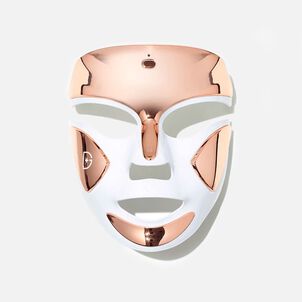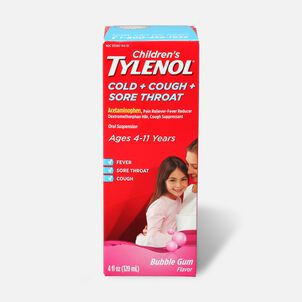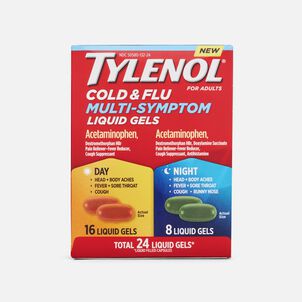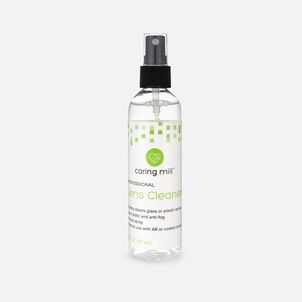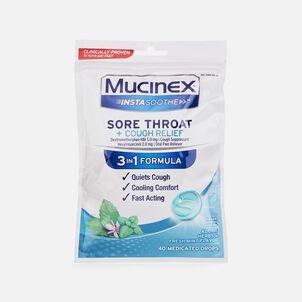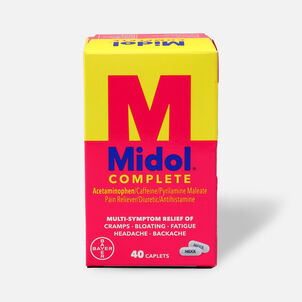 | SHOP NOW
| SHOP NOWHealth savings accounts are great because you can spend tax-free funds on qualified medical expenses. But just because you have money that can be spent, doesn't mean you should. As in, you want to think long and hard before you spend your HSA funds.
For one, some of us can pay our healthcare-related expenses without digging into your account balance. Yeah, you could, but you can also accumulate a bit of interest in your HSA. You can also use this money to invest in different types of assets such as mutual funds and stocks.
The idea is simple - boost your HSA funds so that when it comes time to retire, you can use the money for health care needs, which is when costs could go up. But, what's the best choice for you?
(As always, remember we're not tax advisors and this article isn't meant to be professional financial advice. Please speak with a qualified financial professional before making these decisions.)

The devil's in the (personal finance) details
Before you get started, it's probably a good idea to look over your financial situation. You'll want to see what it is you're spending your money on and how healthcare fits into the whole picture.
Another important aspect to look at is whether or not you have emergency savings, such as money in a buffer account. Arguably, having an emergency fund is more important than an HSA because you'll want immediate access to cash to use for any purpose.
Next, take a look at your spending habits to see what areas of your budget you can cut back. Think about it - if a prescription costs you $100 and you can easily cover it, then use your everyday funds to pay for it. Then you can leave your HSA alone so it can accumulate interest.
But, if the qualified medical cost will set you back more than a few hundred dollars and dipping into your HSA means you don't need to take out a medical loan, then by all means do it. Sure, there are personal loans or credit cards available, but these options aren't generally worth it.
Using it as an unemployment safety net
If you didn't know already, you can use your HSA funds to pay for health insurance premiums in the event you're unemployed. While we're certainly not suggesting you hoard our HSA funds in case you lose your job, it's not a bad idea to keep that in the back of your mind.
If you've been diligently setting aside money in your HSA funds, you may want to set a limit as to the lowest your HSA can go. For example, if your health premium will set you back $400 a month and you want to make sure you have three months' worth of premiums covered in case you're unemployed, then you don't want it to go lower than $1,200.
This could be a good way to gauge whether or not you want to pay for a qualified expense out of pocket or to use your HSA account.
Never sacrifice your health
It's fine to create self-imposed rules for your money - it's yours after all. However, never sacrifice your health to save a few bucks. If it's the difference between saving a few hundred dollars and purchasing a much-needed item that'll benefit your health for years to come.

.png)
